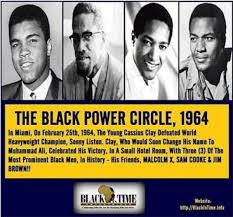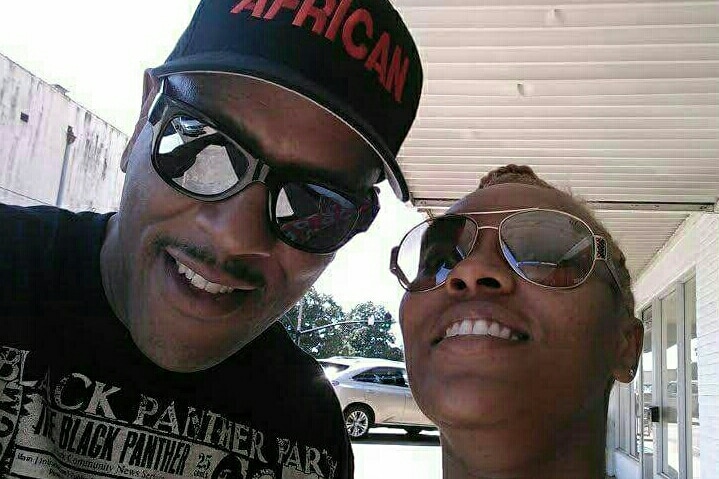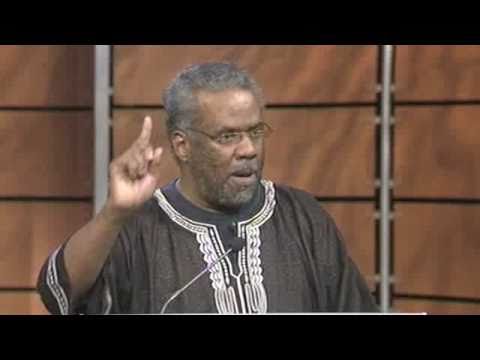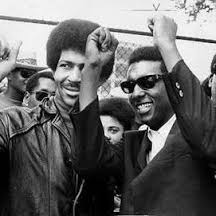Every settler colony, whether it’s Azania, South Africa, Zimbabwe, Kenya, Ghana, other areas of Africa, Palestine, or the Americas, is ruled through an organized system of violence and intimidation. In Azania, South Africa, this system included the pass laws where every African had to hold a special identification book that confined them to specific areas. To be found anywhere without that pass book, or within an area not authorized by the pass book, meant immediate imprisonment and worse. The same conditions exist for the Palestinian people today where Palestinians born and raised in areas historically defined as Palestine are not permitted free movement through those territories by the Israeli government. And, the Indigenous people of the Western Hemisphere have been subjected to countless systems of control and oppression such as the Bracero Program and the boarding schools. Although this violence and control is a central element to maintaining power within these colonized areas, probably the most important tool used by the colonizers is ideological control through theories rooted in white supremacy. An example of this method is the education system most, if not all, of us have experienced. Despite the fact we have all experienced school in various ways throughout the world, if each of us was called upon to express what we learned about Africa and African people, the Palestinian people, and the Indigenous people of the Western Hemisphere, all of us, whether in North, Central, or South America, Africa, the Caribbean, Europe, Australia, or anywhere else, would all have to say in unison that our knowledge was limited and what we received was drenched in racism and misinformation. The reason for this is white supremacy, the primary appendage of capitalism, had to be created as a universal theory to justify the exploitation taking place within the settler colonies. Consequently, if oppressed people within those settler colonies are going to develop a healthy perspective of themselves so that they can galvanize to be free of oppression, they must deconstruct the ideology of white supremacy and construct an ideology of liberation and human progress. By deconstruct, we mean confronting and dismantling backward concepts like the people of Africa are incapable of governing themselves and replacing that dysfunction with a clear statement about how African people have successfully governed themselves thousands of years before the Europeans set foot in Africa. This is important because once Africans can believe we can fulfill our own needs, then we can begin to seriously organize to do so, but the as long as we believe we need Europeans in order to survive, we can never take the independent steps towards our liberation. This process of decolonialization is what is meant by the term political identity. For example, Africans are oppressed because we lack power. We lack power because colonialism has stolen our land and separated us from Africa physically and psychologically. Our enemies have taken control over Africa’s vast mineral resources. And, they control the African masses by controlling all the wealth at their disposal making our existence one of constantly seeking resources from the European capitalist system when the resources they control actually belonged to us in the first place. Using Africans within the U.S. as an example, the way white supremacist ideology manifests itself within this process is these Africans are taught that we are fortunate that Europeans permit us to live in the “great” U.S. (thus the refrain; “if you don’t like it, go back to Africa!”) Never is it acknowledged that the so-called “greatness” e.g. the massive wealth within the U.S., has been created by this system of colonialism and settler colonialism that is stealing Africa’s wealth and funneling that wealth into the capitalist countries. If Africans were able to recognize this process and how it impacts us, we would be up in arms fighting, demanding, that Africa be free so that we could benefit from the riches our homeland has to offer. Since our enemies have created this white supremacist system which has convinced us that we are not Africans, but African-Americans, we have been taught to see the U.S. as primary. Thus, many of us see the U.S. as our only option. This approach teaches us to ignore Africa (and/or look at Africa through the same white supremacist lenses that most Europeans view it) while we fight for inclusion into the U.S. That’s why the A-APRP calls our people African uncompromisingly. We don’t exchange African with Black or any other identity label because we understand that until we see ourselves as Africans, we cannot embrace the concept that our future is tied to the future of Africa. So, by calling us Africans, it is a form of political struggle against the forces of oppression. It’s a way for us to declare our political loyalty to Africa as a method of liberating our minds so that we can pave the way to liberate our people and our homeland. This is the process of us claiming our political identity as African people. This act automatically links us with African people in Canada, Mexico, Honduras, Guatemala, Brazil, Cuba, Jamaica, Puerto Rico, the Dominican Republic, England, France, Australia, India, and all of Africa. By calling ourselves African, it asserts that we recognize that we are the same people and that we will define our reality, not our enemies. When we say the only thing that separates us is a boat stop we are crushing the narrative of colonialism and refusing to submit to it. We are defining our political identity. This is a healthy and liberating practice that we must endure. And while we do, we cannot get confused into letting anyone confuse this necessary process with identity politics.
Identity politics is a concept that is quite different from political identity. Identity politics seeks to define the world based on how we interpret our identity instead of what our identity actually is. As a result, identity politics tells us that based on subjective definitions, we get to define what is good and what is bad. Those subjective definitions are “I’m Black so although I haven’t read one book on African people, I can define what being Black is based simply on how I feel about it.” There is no reliance on history or science. Just our subjective feelings. For example, within the construct of identity politics, persons will assert that only they as African people can define what is racism or that all Europeans are subject to anything anyone African says about racism because our identity as African people gives us the definitive rights to determine everything related to being African based not on our analysis, but our interpretation of our identity. Of course, there are many African people who know absolutely nothing about white supremacy. In fact, there are Africans who will deny its existence! So, any definitions cannot be based on subjective and unscientific premises, but must be based on political analysis. In other words, being African based on political identity claims a political connection to Africa that presupposes a commitment to see Africa free as a prerequisite to all African people being free. The same can be said about the political identity of the Indigenous people of the Western Hemisphere as it relates to the Americas, and the Palestinian people as it relates to occupied Palestine.
Students of history must learn to make this clear distinction between political identity, which is a methodology to break the chains of colonialism, and identity politics, which is a method that relies on bourgeois liberalism (creating false premises to deny dealing with the truth) to cloak the real contradictions of white supremacy within capitalist societies. Those real contradictions are that the capitalist system is built on settler colonialism as a means of financing itself and when the survivors of settler colonialism free their lands and their people, they are weakening the capitalist system so that it makes it possible for the masses of humanity to march towards justice and freedom.







 RSS Feed
RSS Feed
